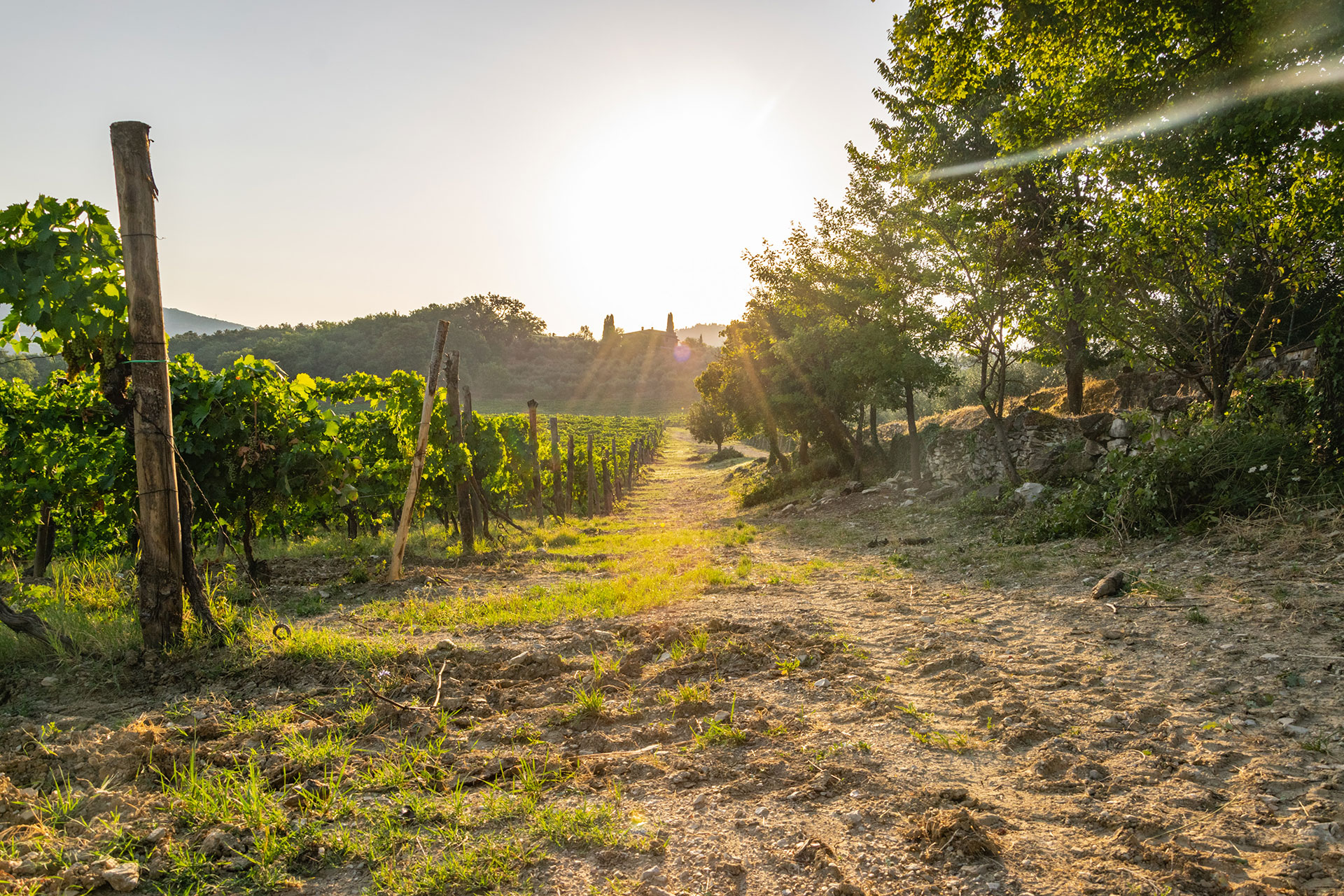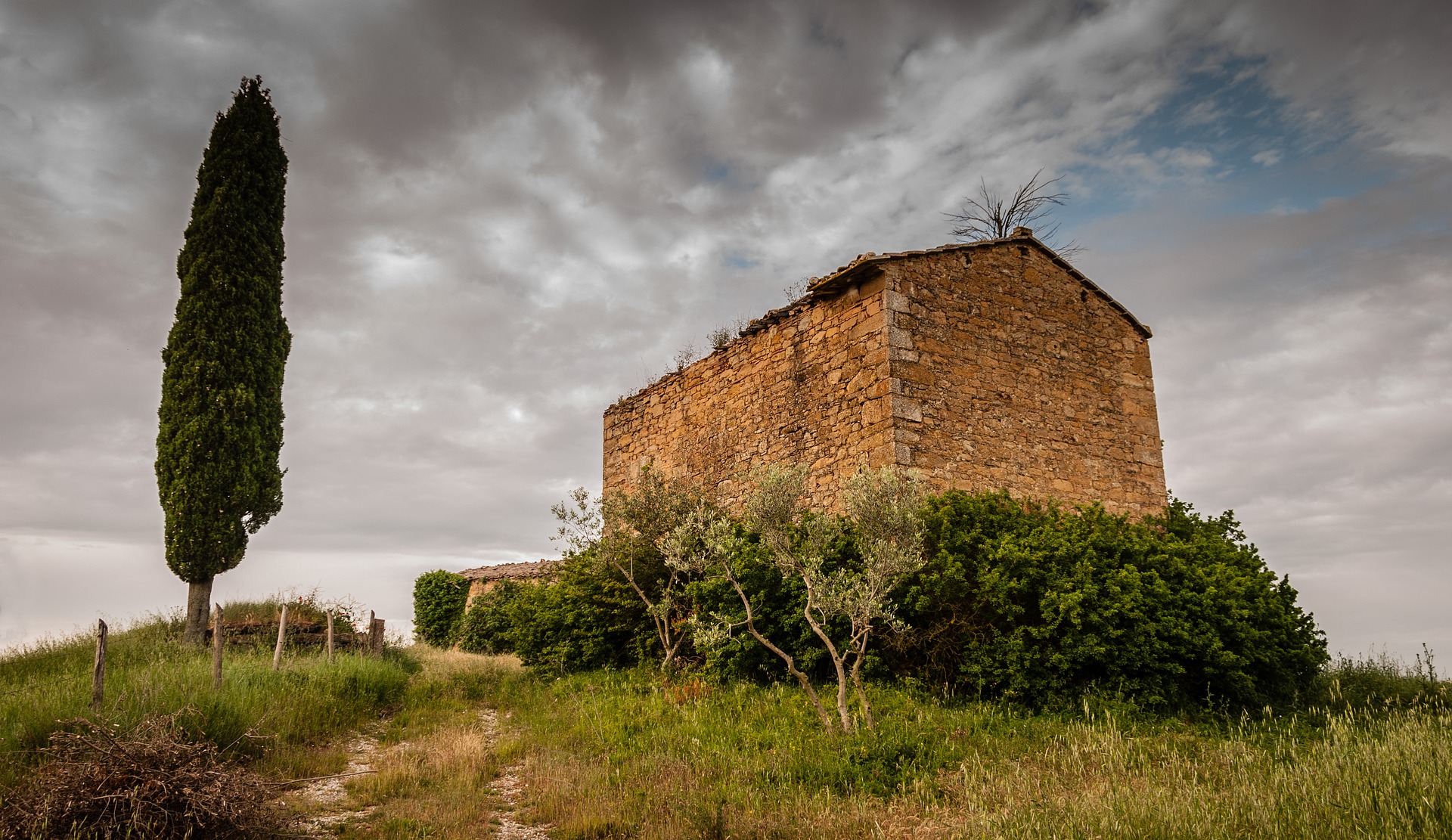If you are planning to spend your time “under the Italian sun,” by purchasing an agricultural property, and you want to maximize its architectural, historical, agricultural, and recreational value, below you can find an in-depth review on:
‣ The most convenient form of company to set up
‣ Tax advantages at the time of purchase and during the course of the activity
‣ Alternatives on how to structure the activity
1. What is the best form of company to make this type of investment?
If you are the owner of a non-Italian company, the alternatives to carry on business in Italy are mainly: branch and subsidiary.
Branch: According to art. 162 TUIR (the main Italian law about income taxes), a branch or permanent establishment is defined as a fixed place of business through which the foreign company carries out all or part of its activity in the territory of Italy. The branch must be listed in the appropriate register through notarial support and must apply for a VAT number and a tax code. The branch has no legal autonomy in Italy.
According to art. 165 TUIR, the income of the branch will be taxed both in Italy and in the country of residence of the parent company. The double taxes paid will then be recovered according to the convention against double taxation stipulated between Italy and the country of residence of the parent company.
The parent company will be directly liable for all the activities of the branch in Italy.
Subsidiary: According to art. 2359 Civil Code, a subsidiary is a company controlled by the foreign parent company. It is an independent company with its own legal autonomy from the parent company. It has the legal form of one of the Italian companies (SRL, SPA, SNC, SOCIETA’ SEMPLICE, etc.) and so it will have to pay taxes exclusively in Italy.
2. Why choose a subsidiary corporation of a foreign company to build a farm?
Only a company organized under Italian law can benefit from the advantages of paying taxes on the basis of the agricultural income and, above all, of having the benefits of fixed registration TAX and mortgage tax 1% versus 18% without this facility (for I.A.P. status see below).
As the foreign branch of a foreign company would not have the same privileges, constituting a subsidiary is usually the best choice. On the contrary, the activities carried out by the branch would be considered referable to the parent company’s operativity.
Generally, foreign companies set up an Italian subsidiary of a foreign parent company. This guarantees a restriction of responsibilities and a more flexible handling of activities in Italy.

Photo by Scott Graham on Unsplash
3. What are the reasons for choosing a simple company over a limited company for this type of investment?
You are free to choose between a limited liability company or a simple company (società semplice), which is easy and inexpensive in administrative procedures.
Compared to corporations, the simple company is appealing because the company’s structure may be very simplified. It benefits from the possibility of simplified accounting and it would not be subject to all of the tax restrictions of corporations.
4. If the company has a high turnover, is a simple company always the appropriate form of company?
The simple company suits if you plan on having a limited turnover/revenue. Otherwise, if you foresee a greater turnover and plan on making important investments, then the best choice may be a società commerciale as LLC/Ltd (S.r.l. or S.p.A.) since the depreciation of these investments would reduce the company’s taxable income.
5. How to benefit from the incentives provided by the Italian law for small agricultural businesses for the purchase of land and farming equipment, and what are these incentives?
If you buy the property representing that you will assume the status as professional farmer (IAP), you are entitled to benefit from the fixed taxes of registration and mortgage (Euro 200 each) and cadastral tax of 1% on land and buildings used for agricultural activity. On buildings of a different kind you will have to pay 9 % registration tax, Euro 50 for mortgages and Euro 50 for cadastral tax.
6. What are the requirements to qualify as a professional farmer IAP?
A professional farmer IAP must:
• possess professional knowledge and skills (Art. 5 of EC Regulation No 1257/1999). This requirement can be acquired through an examination organized by the Province or by declaring to have worked for at least two years as an agricultural worker.
• devote at least 50% of total working time to agricultural activity (as per art. 2135 of the Civil Code). The working hours are calculated on the basis of ministerial tables according to the amount of land, the type of crop and, more generally, the type of activity carried out.
• derive at least 50% of overall working income from agricultural activity.
A simple company needs, among other things, at least one of its shareholders to be IAP to be considered as a direct farmer as well. For corporations, on the other hand, their legal representative must be an IAP.

Photo by Dominik Dancs on Unsplash
7. What can I do with my farm?
If you intend to set up an agricultural company you can develop the agricultural activity and, at the same time, an agritourism.
However, the agricultural activity must be prevalent in terms of the time spent on the agricultural activity and the fact that the value of agricultural income must be higher than that of the agritourism.
In order to keep the tax advantages listed in paragraph 4, it is important to pay attention to the use of the agricultural property. In fact, the law provides for the forfeiture of the benefit, and the subsequent recovery of taxes and the relative sanctions, if the purchaser voluntarily transfers the land, for whatever reason, or ceases to cultivate or manage it directly, or make different use of the property before five years have elapsed since the purchase. Thus, if you plan to make a different use of some portions of the property to be purchased, it would be advisable to buy these portions without qualifying them for agricultural activity.
8. What is the taxation of an agricultural business and what are the differences between an agricultural activity CARRIED OUT AS A SIMPLE COMPANY or as a CORPORATION?
If the agricultural activity is carried out as a simple company, the income produced is necessarily determined on the basis of cadastral criteria. If an activity connected to the agricultural activity is carried out, such as agritourism, the income produced by this activity is not taxed on the basis of cadastral criteria, but on the basis of flat-rate criteria.
If the agricultural activity is carried out under the form snc, sas and srl, the income generated is classified as business income, but the company can decide to opt for the taxation on a cadastral basis. If an activity connected to the agricultural one is carried out, such as, for example, agritourism, the income produced by this latter activity is taxed according to the ordinary rules of business income (revenues-costs).
Therefore, as already mentioned, if a high turnover is expected and you plan on making significant investments, you may prefer to conduct your business as a società commerciale like a limited company (S.r.l. or S.p.A.). The depreciation of these investments would reduce the company’s taxable income making the limited liability company choice more cost advantageous.
9. What taxes are paid when running an agricultural activity?
I. Tax on real estate
A) IMU – Imposta Municipale Propria (Municipal Tax) is paid at municipal level on the possession of real estate. (The IMU base is 8.6 per thousand for properties other than the main residence. Mayors have the power to increase it up to the limit of 10.6 per thousand or to reduce it to zero). The percentage refers to the cadastral value, not the market value.
B) The other tax to be paid on real estate property is TARI, which is the tax on municipal solid This is based on the square meters of the property.
II. Taxes on income produced by agricultural activity
If you choose cadastral taxation, the income generated is taxed on the basis of the agrarian income of the land owned and managed in any capacity by the company by which the agricultural activity is carried out.
If you opt for taxation according to the ordinary rules of business income, the calculation of income will be based on the difference between revenues minus costs and the rate will be:
– For IRPEF purposes: the income generated will be taxed on the basis of the IRPEF brackets with tax rates ranging from 23% to 43%;
– For IRES purposes: the income produced will be taxed at a rate of 24%;
– For IRAP purposes: the income produced will be taxed at a rate of 3.9%.
10. What is the difference in taxation between agricultural activities and ordinary companies?
Article 2135 of the Italian Civil Code provides a definition of agricultural activities, dividing them into main agricultural activities and related agricultural activities.
Main agricultural activity encloses all those activities that are directed to the cultivation of the land, forestry, and animal breeding. Related agricultural activity means all those activities that are directed to the manipulation, conservation, processing, and marketing of products obtained mainly from agricultural activity.
The agricultural activities that fall in the range of these definitions, to the extent that they fit into further technical parameters, are taxed on a cadastral basis. This is one of the most important differences between an agricultural activity and a commercial activity.
Usually, small agricultural activities prefer to proceed to taxation on a cadastral basis. If the agricultural activity foresees higher investments and turnover, then it could be convenient to abandon the cadastral regime and opt for an ordinary taxation regime.
What we can do for you
Our firm MGI Vannucci & Associati offers services to foreigners who intend to invest, live and work in Italy and is, therefore, able to provide the fiscal and administrative assistance necessary for setting up and laying the foundations for developing their business in Italy.
Our firm focuses in particular on consultancy for the purchase of agricultural property and the development of agricultural business in Italy and in particular in the region of Tuscany, the region with the most hectares dedicated to agriculture in Italy and also at the forefront of organic farming.










